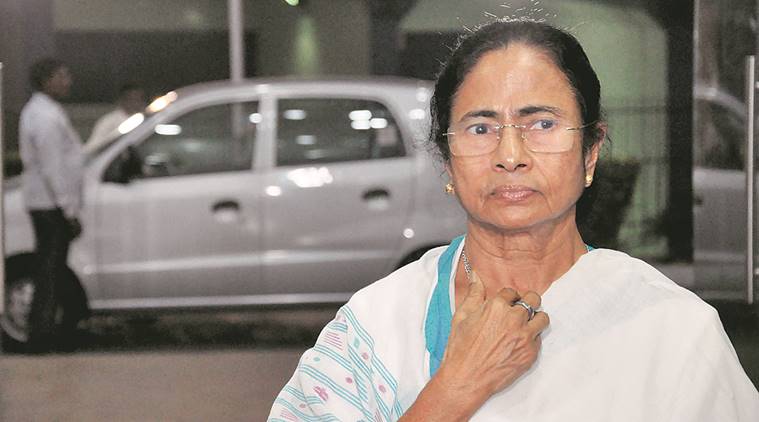 Earlier this month, the West Bengal government had decided to increase the wages of tea workers by Rs 7 per day from October 1 taking their daily earnings up to Rs 176 per worker per day. (In pic: West Bengal CM Mamata Banerjee)
Earlier this month, the West Bengal government had decided to increase the wages of tea workers by Rs 7 per day from October 1 taking their daily earnings up to Rs 176 per worker per day. (In pic: West Bengal CM Mamata Banerjee)
In its 13th meeting on the determination of minimum wages for tea workers in West Bengal, Labour Minister Moloy Ghatak has accepted the tea plantations’ demand to discuss the productivity issues plaguing the gardens in the state.
In the meeting, held on September 25, the Chabagan Trinamool Congress Mazdoor Union submitted its list of demands to the state’s Labour department. Other unions, including the Joint Forum, a conglomeration of unions fighting for minimum wages and largely affiliated to the opposition, had submitted their demands over a month ago.
“Our demand is basically that the food requirement, of 2700 calories per adult person, be valued at 2016-17 market rates and this rate be included in the minimum wage. Apart from this we support the draft publication on minimum wages which had been published by the state government in 2014,’’ said CTCMU head Prabhat Mukherjee.
Tea Association of India Secretary General Prabir Bhattacharya says that the tea managements raised the issue of productivity of workers as with an increased minimum wage, production of tea would not be financially viable without a corresponding increase in productivity. “There are a couple of main issues related to the increase of productivity. First of all, according to law, the worker needs tow ork eight hours a day. This is excluding his rest time. But that is hardly the case in the tea gardens where the tea worker usually works not more than five hours a day. Secondly an average tea worker collects between 2-2.5 kgs of made tea a day in Bengal. In the tea gardens in the South, the average tea worker collects around 6 kgs of made tea a day. There will be a lot of arguments back and forth on this, but it needs to be addressed. Lastly the number of holidays that a tea worker receives also has to be discussed. When these days off fall during peak season, it affects tea production. We have been crying hoarse about these issues for years. But now the government has finally taken cognizance of the matter and is willing to address it. They have realised that there are issues plaguing the tea industry in Bengal which needs to be addressed,’’says Bhattacharya.
Joint Forum member and General secretary National Union Plantation Workers Mani Kumar Darnal, accedes to the Tea Associations demands. “We understand that there is an issue with productivity and the workers productivity and we are willing to support the tea plantations on the matter. But having said that, if they are looking at the tea workers productivity then they also need to address issues such as the productivity of tea bushes which has been on the decline for years,’’says Darnal.
Earlier this month, the West Bengal government had decided to increase the wages of tea workers by Rs 7 per day from October 1 taking their daily earnings up to Rs 176 per worker per day. The tea workers were getting Rs 95 per day per worker in 2014.
The next meeting between the Tea Association, the Unions and the labour department is to be chaired by Labour Minister Moloy Ghatak on November 15.